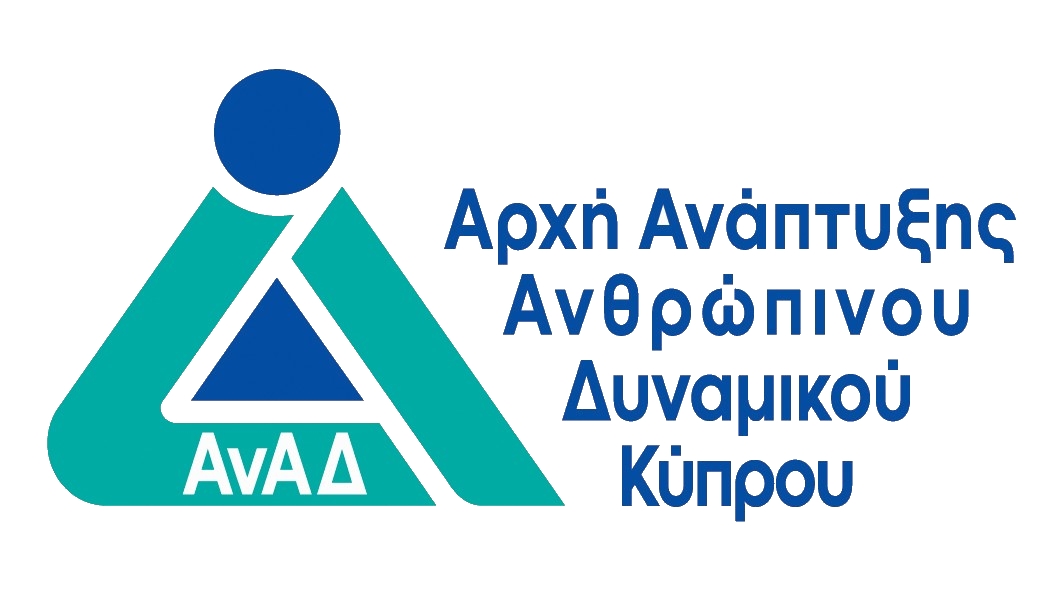
The Current EU Regulatory Framework for the Financial Services Sector
- Χρηματοοικ. Ασφαλιστικά Τραπεζικά - Λογιστικά/ Έλεγχος/ Φορολογικά

ΠΕΡΙΓΡΑΦΗ
This programme provides an overview of important current regulations that are key for the financial services sector. It delves extensively into the most significant regulations, including perimeter regulations.
Participants can anticipate a wide range of examples that demonstrate how regulations play a vital role in fostering confidence in the provision of financial services.
ΣΚΟΠΟΣ ΣΕΜΙΝΑΡΙΟΥ
By the end of the programme participants will be able to:
- Understand the primary principles of the current EU regulatory frameworks concerning D.O.R.A, MICAR, ESG, Transparency and Reporting
- List the D.O.R.A. Principles and Key Requirements
- Explain the MICAR Basic Principles
- Name the Classes of CASPs and indicative requirements
- Apply the relevant provisions where applicable
- Understand the regulator’s expectations in the EU based current EU regulatory frameworks concerning D.O.R.A, MICAR, ESG, Transparency and Reporting
- Apply best practises
- Carry out a risk-based approach assessment and assess the regulatory risk.
- Define market manipulation
- List the Transparency Law requirements
- Describe the suitability and appropriateness assessment
ΣΕ ΠΟΙΟΥΣ ΑΠΕΥΘΥΝΕΤΑΙ
The programme is ideal for
- Compliance Officers / Managers and their Deputies
- Managers with responsibility for internal compliance controls
- Legal, Audit, Risk, Operations and IT Specialists
- Risk Managers
- Staff working in risk functions
- Internal & External Audit Staff
- Regulatory Representatives
- AML Officers
- Accountants
- Lawyers
ΠΕΡΙΣΣΟΤΕΡΕΣ ΠΛΗΡΟΦΟΡΙΕΣ
Training Outline
EU Digital Finance Strategy
D.O.R.A
- Principles and Key Requirements
- Cyber Threats and the importance of mitigating it
MICAR
- Basic Principles
- Risk Control
Registration of Crypto Asset Service Providers (CASPs)
- Core requirements
- Classes of CASPs and indicative requirements
- Regulator’s expectations
- CySEC Registration & Legal Issues
Latest developments in the laws and regulations concerning, involving or affecting fintech
- Challenges, including legal certainty, privacy of data, threats and other considerations
- Risk and regulatory compliance, the future of FinTech
ESG Regulation Framework
- EU Sustainable Finance Disclosure Regulation (SFDR)
- EU taxonomy for sustainable activities (Sustainable finance, Greenwashing updates)
- Corporate Sustainability Reporting Directive (CSRD)
- Corporate Sustainability Due Diligence Directive (CSDDD)
- Non-Financial Reporting Directive (NFRD)
Markets Regulatory Framework, Transparency and Reporting
Market Abuse
- Insider dealing
- Market manipulation
- Recent developments
Investor protection
- Product governance
- Suitability and appropriateness assessment
- Independent advice
- Recent developments
Markets in Financial Instruments Regulation (MiFiR)
- General Principles
- Requirements for obliged entities
Transparency Laws
- Transparency Requirements
- Reporting and Disclosures
Case studies and real-life examples
Training Style
The programme has been thoughtfully designed with the aim of delivering comprehensive knowledge and enhancing participants’ skills. It achieves this through a combination of concise lectures on relevant legislations and guidelines, as well as engaging elements such as case studies, practical examples, and real-life scenarios.
By the conclusion of the programme, participants will have, not only, expanded their knowledge base but also developed practical skills that they can readily implement in their professional roles. The acquired knowledge and enhanced skill set will serve as valuable assets, equipping participants to navigate complex regulatory environments, make informed decisions, and contribute to the overall success and stability of their organisations.
CPD Recognition
This programme may be approved for up to 15 CPD units in Financial Regulation. Eligibility criteria and CPD Units are verified directly by your association, regulator or other bodies which you hold membership.
Co-Instructors
Christina Livada (Assistant Professor of Commercial Law at University of Athens)
Dr Christina Livada is an Assistant Professor of commercial law at the Faculty of Law of the National and Kapodistrian University of Athens. Her main fields of specialization are company law, banking and capital markets law, as well as consumer protection law. She is the author of several books and articles in the abovementioned fields. Christina Livada has been working at the Hellenic Bank Association for seventeen years as a Special Legal Advisor, responsible for the regulatory issues pertaining to banking, capital markets and consumer protection law. Since 2017 she has joined Alpha Bank as a Special Legal Advisor. She obtained her PhD from the Faculty of Law of the National and Kapodistrian University of Athens.
Πληροφορίες Εκπαιδευτή
Αναλυτικό Κόστος Σεμιναρίου
Για Δικαιούχους ΑνΑΔ
- € 565.00
- € 255.00
- € 0.00
- € 310.00
- € 310.00
Για μη-Δικαιούχους ΑνΑΔ
- € 565.00
- € 0.00
- € 107.35
- € 565.00
- € 672.35
Κοστολογικές Πληροφορίες
HRDA-approved seminars are exempted from VAT for eligible organisations applying for the HRDA subsidy. A 19% VAT will apply to seminars and participants who do not qualify for the HRDA subsidy
ΠΡΟΓΡΑΜΜΑ ΣΕΜΙΝΑΡΙΟΥ
Τετάρτη - 29 Νοε 2023
Ώρα
09:00 - 15:00
ΕΚΠΑΙΔΕΥΤΗΣ:
Κυριάκος ΧριστοφίδηςΤοποθεσία:
OnLine Virtual Classroom
Πέμπτη - 30 Νοε 2023
Ώρα
09:00 - 15:00
ΕΚΠΑΙΔΕΥΤΗΣ:
Κυριάκος ΧριστοφίδηςΤοποθεσία:
OnLine Virtual Classroom
Παρασκευή - 01 Δεκ 2023
Ώρα
10:00 - 16:00
ΕΚΠΑΙΔΕΥΤΗΣ:
Κυριάκος ΧριστοφίδηςΤοποθεσία:
OnLine Virtual Classroom
 Ελληνικά
Ελληνικά  English
English



 Αγγλικά
Αγγλικά
 15 ώρες
(
3 μέρες
)
15 ώρες
(
3 μέρες
)














































































